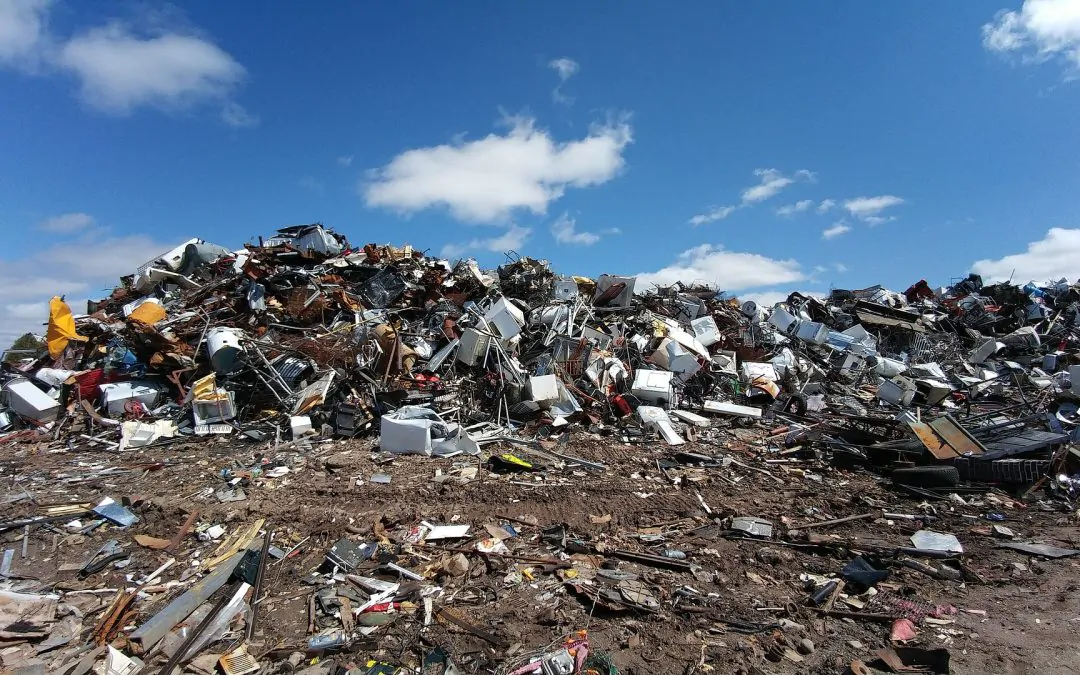Recycling steel is key to cutting emissions and keeping scrap metal in the closed-loop supply chain, according to a University of Cambridge report published by The Use Less Group.
The study, titled Steel Arising, looks at ways the UK steel industry can meet the climate challenges of the coming decades.
In the publication, Professor Julian Allwood writes: “We must move our UK steelmaking industry away from primary production towards recycled steel made with sustainable power.
“This green steel model is the only future compatible with our goals for zero emissions.”
He adds that the UK is “perfectly placed” to take a world-leading position on sustainable steel thanks to its mature steel stocks, strong climate policy and history of materials science innovation.
The potential benefits go beyond the environmental to include significant economic advantages.
For example, recycled steel brings scrap metal back into the supply chain, creating a closed-loop domestic steel industry.
This avoids selling scrap steel below market value to customers overseas, which in turn depletes the amount of the metal within the UK.
Recycling steel also has the potential to increase the availability of green jobs in the sector over the long term.
Professor Allwood adds that with the UK’s existing power infrastructure, steel could be recycled with less than half the carbon footprint of primary production from iron ore.
As more renewable energy infrastructure comes online in the coming decades, that carbon footprint could be expected to reduce still further.
However, he urged action if the UK is to keep pace with countries like the USA where half of domestic steel demand is already met by recycling.
For the UK to catch up, he conceded that “this will not happen overnight” but noted that efforts are already underway, with the potential for UK recycled steel in the future to offer high-grade metal at economic prices.
Recycled steel of course saves energy but it also keeps a valuable commodity in use, rather than scrapping it at the end of a single life cycle.
Meanwhile in many cases, second-hand steel can be directly reused without needing to be reprocessed, eliminating the energy use and carbon footprint entirely while offering even better economy.


